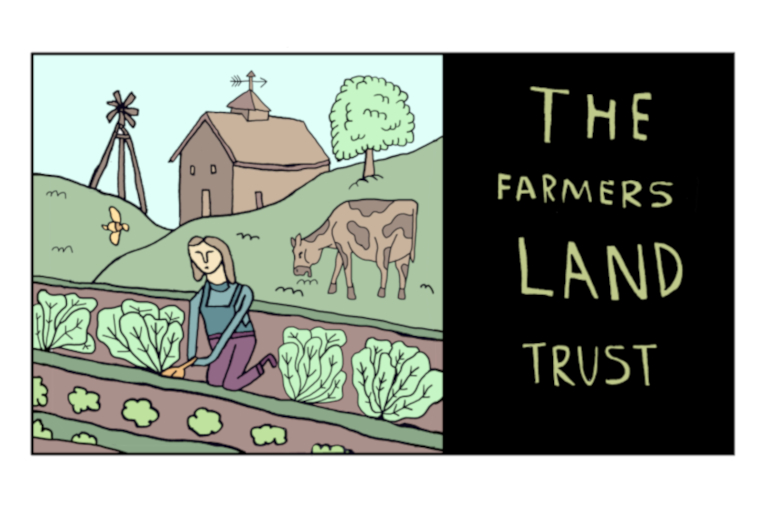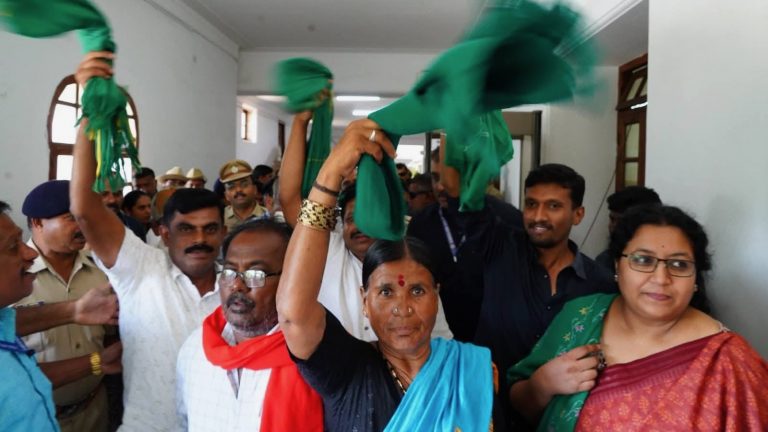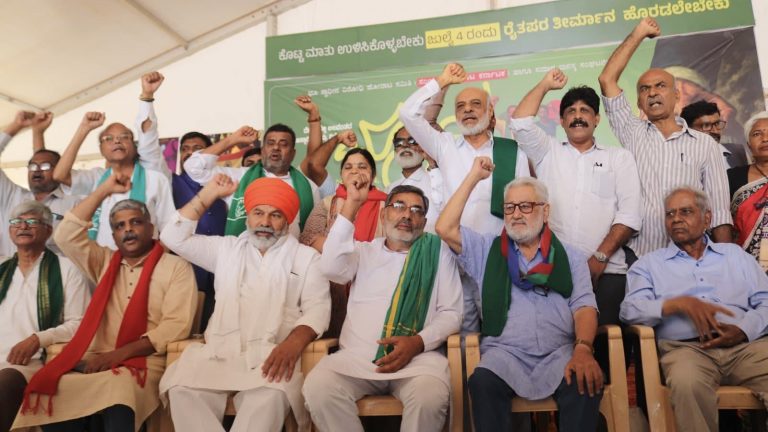De-Commodifying The Soil
During high summer, I do my best to get up early and be out in the field with the sheep before the sun reaches its full power. From May to October, I move them onto fresh pasture every few days, a rhythm that keeps me attuned to the needs of the land and disperses their manure evenly without allowing them to compact or overgraze any one section. A field like this feeds more than the livestock that graze it. Throughout the growing season, it offers nourishment for countless insects, pollinators, reptiles, ground-nesting birds, water tables, and traveling wildlife. The fertile soil, chest-high grasses, and flowers offer refuge for all of us here on the ridge.
As I survey the awakened landscape, my gratitude for the living gifts of this world shifts to grief.















